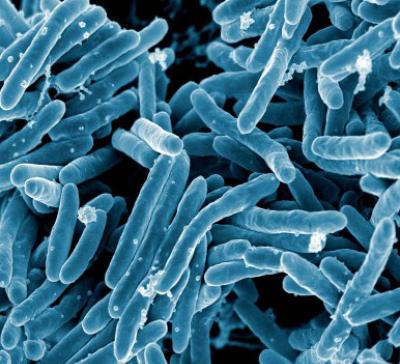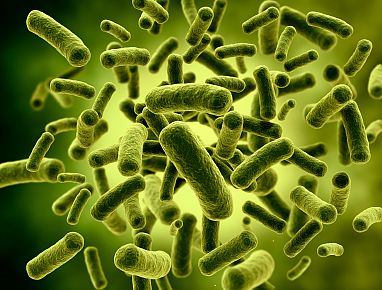Kiara Palmer

Kiara Palmer is a healthcare communications professional working with the Intramural Research Program to share stories on the innovative work done at NIH. Kiara previously served as a communications and social media specialist at NIH's National Human Genome Research Institute, where she led communications campaigns that raised awareness of the importance of genomic and genetic research. Kiara is excited to continue sharing the cutting-edge research done within the walls of NIH and explaining how that work is helping to improve patient health. After a long productive week, you can find Kiara brunching with friends, participating in local sports leagues like dodgeball, kickball, and volleyball, or watching reruns of her old favorite TV shows.
Posts By This Author
This page was last updated on Thursday, January 20, 2022


